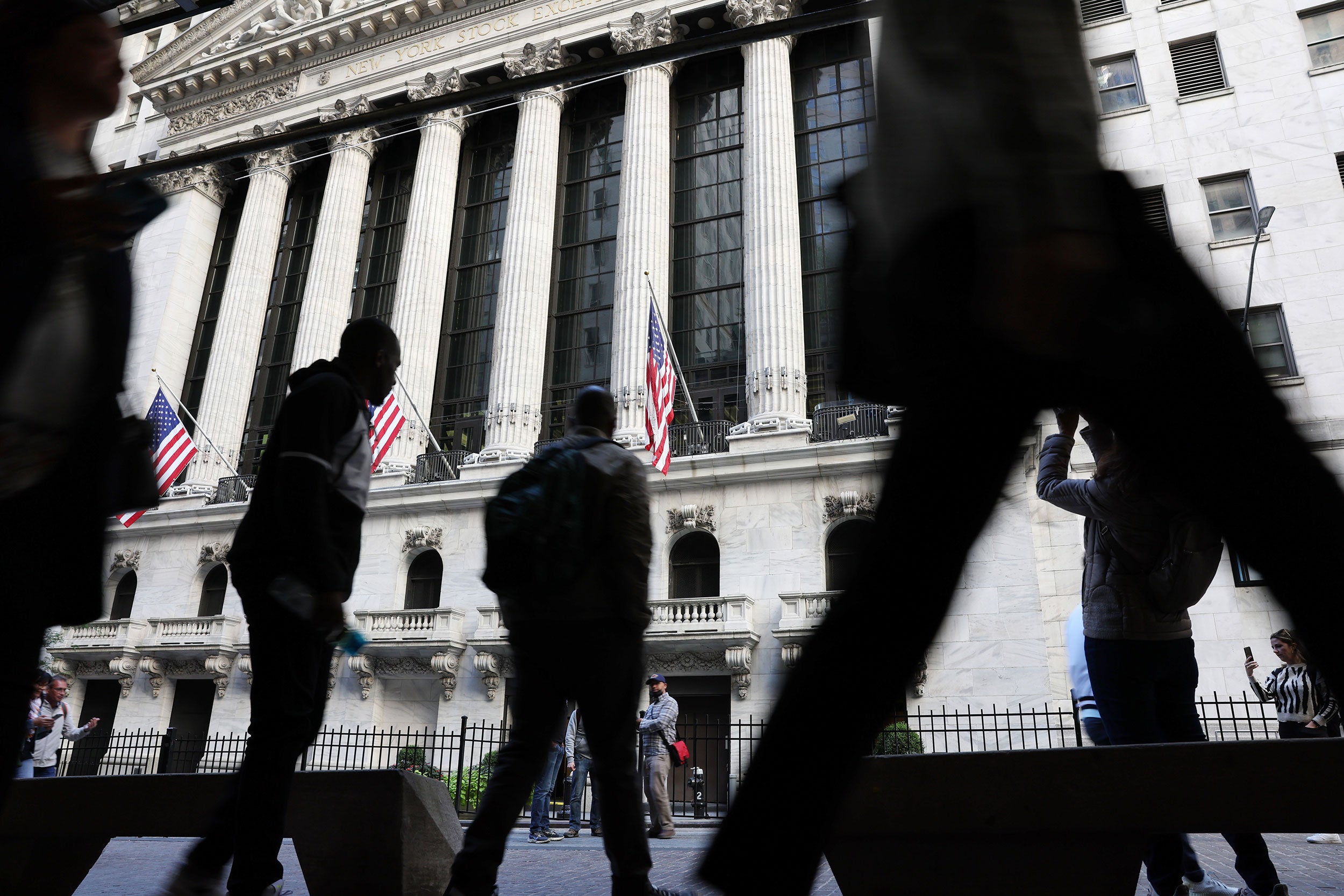Stocks end Wednesday slightly lower following huge 2-day surge
(CNN) — Maybe that October market rally has some legs after all?
Stocks were mostly unchanged Wednesday, even as a fresh batch of economic data revealed continued strength in the job market and America’s services sector. That’s led to new worries that the Federal Reserve’s aggressive rate hikes, meant to curb inflation, will eventually lead to a recession.
The Dow ended the day with a loss of a little more than 40 points, or 0.1%. The Dow had been down more than 400 points earlier and briefly slipped back below 30,000.
Wednesday’s decline ended a brief winning streak on Wall Street, though. The Dow surged nearly 1,600 points over the course of Monday and Tuesday.
The S&P 500 and Nasdaq, which also soared during the past two days, fell 0.2% and 0.3% respectively.
Stocks popped earlier this week despite concerns about the financial health of global banking giant Credit Suisse and a drop in job openings in the United States.
This bad news lifted Wall Street’s mood because investors bet that it could lead the Fed to slow its pace of rate hikes. Australia’s central bank raised rates by a smaller-than-expected amount as well this week, adding to hopes that global policymakers are starting to worry more about an economic slowdown than inflation.
But that narrative shifted briefly for a bit Wednesday. Payroll processor ADP reported a bigger-than-expected increase in private sector jobs for September, a sign that American companies are still hiring at a solid pace.
What’s more, the Institute for Supply Management reported Wednesday that its non-manufacturing index was higher than forecast. Activity did slow from August, but services companies still reported steady growth.
The solid economic data is likely to keep the Fed on course to raise rates sharply in November and December … perhaps too sharply. There are growing concerns that the chances of a so-called monetary policy mistake are increasing and that the Fed will cause a recession.
Rising energy prices could weigh on consumer sentiment as well. OPEC announced production cuts Wednesday, news that lifted oil prices. The rise in oil gave a lift to energy stocks, helping to prop up the overall market.
Chevron was one of the top Dow stocks, rising about 1%. Exxon Mobil and oil service giants Schlumberger and Halliburton were among the leaders in the S&P 500, with each stock gaining between 4% and 6%.



